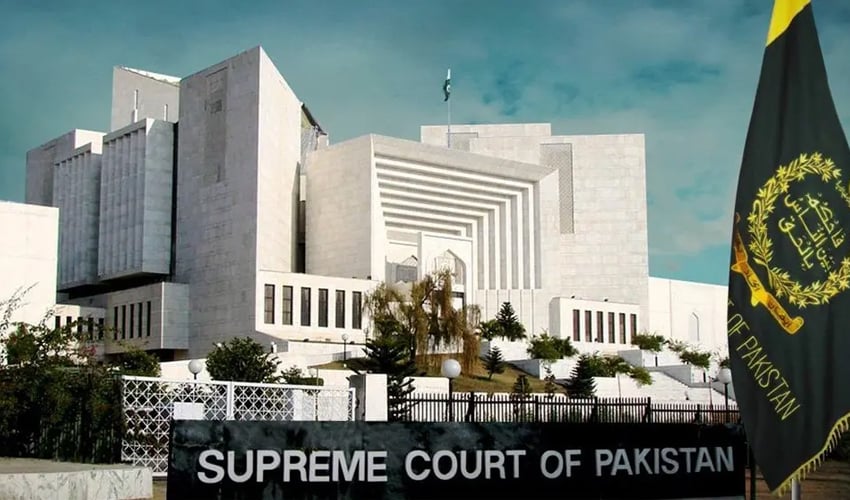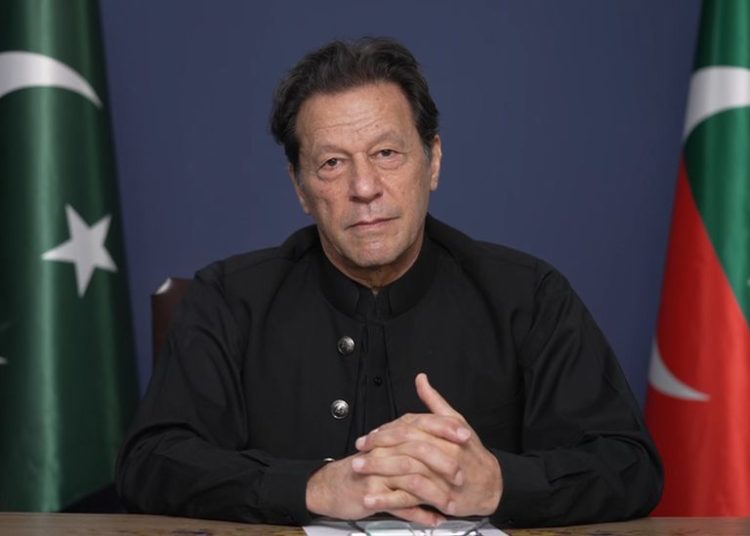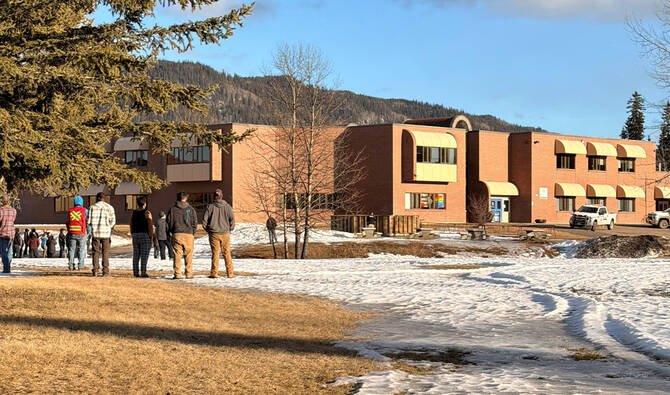The development came as a two-member bench comprising the Chief Justice of Pakistan (CJP) and Justice Naeem Akhtar Afghan heard the ECP’s petition filed against the Lahore High Court’s (LHC) verdict, which constituted election tribunals regarding multiple constituencies in Punjab.
In response, the electoral body, in its appeal filed in the Supreme Court, sought leave to appeal against the LHC’s judgment. It contended that under Article 219, read with Article 222(b) of the Constitution, the power to appoint the election tribunals was vested in the electoral body.
The ECP further argued that Article 219 of the Constitution did not expressly require the body to consult the relevant high court’s chief justice for appointing election tribunals or for allocating territorial jurisdiction to such election tribunals.
During the hearing in the Supreme Court, Chief Justice Isa questioned the ECP’s issuance of a presidential ordinance and wondered why the electoral body didn’t meet the LHC Chief Justice. In response, ECP’s lawyer, Sikandar Bashir, clarified that he didn’t legislate the law on the ordinance and that he wasn’t defending the ordinance at all. The lawyer further explained that the ordinance was promulgated in light of the existing burden of cases on the judiciary.
Representing the Pakistan Tehreek-e-Insaf (PTI) in the case, Barrister Salman Akram Raja informed the court that the ordinance on the issue has been challenged in the Islamabad High Court (IHC) and the Lahore High Court (LHC). The CJP questioned why it was challenged in different high courts as the ordinance would be enforced throughout the country.
In conclusion, the Supreme Court dismissed the Election Commission of Pakistan’s plea, sending the case to a three-member SC committee for the Constitution of a larger bench over the said issue. The implications of this decision may unfold in the ongoing legal and administrative discourse surrounding election tribunals and the allocation of territorial jurisdiction.
















